- Home
- Anxiety
- Depression
- Emotional Eating
- Living With a Long Term Health Condition
- Loneliness
- Menopause
- Mindfulness
- OCD
- Panic Attacks
- Phobias
- Pregnancy & Parenthood
- Prolonged Grief (Grieving)
- PTSD
- Sleep Difficulties
- Stress
- Needs We Can and Cannot Meet
- Cognitive Behavioural Therapy (CBT)
- Eye Movement Desensitisation & Reprocessing (EMDR)
- Employment Support
- Counselling for Depression
- Online Self-help
- Mindfulness
- Wellbeing Workshops
- Join the team
- Become a volunteer
- What to expect at your first appointment
- Testimonials
- Learn about mental health
- FAQs
- Mental Health Resources
- Blog
- Video Appointments
- Your feedback
- Making contact if you are deaf
- I need help now
Access support from TALKWORKS
Self-referLearn about mental health
How Are You Feeling?

What is Anxiety?
Lots of us experience anxiety at times - particularly in very stressful situations or when we have a lot on our plate and life becomes overwhelming. Often this period can be draining, but usually settles down with time and as any problems are dealt with. Dealing with feeling anxious regularly or constantly, however, can have a huge impact on your daily life and stop you from feeling capable of doing the things you used to enjoy. You may find yourself becoming anxious in certain situations such as social occasions, during exam season or when there is high pressure at work. We can help to provide you with the techniques to control your stress and get back on track.

What is stress?
We will all have felt stressed before: the wave of panic when you realise that a situation has become overwhelming, or when life just seems a bit too ‘much’.
Stress can be caused by anything - from the pressure of looming exams, to money worries; a busy period at work, family issues or struggling with the impact of physical ill health. Don’t feel guilty or in the wrong if you are struggling to cope with stress more than other people around you; it varies for everyone and we all cope with stress differently.
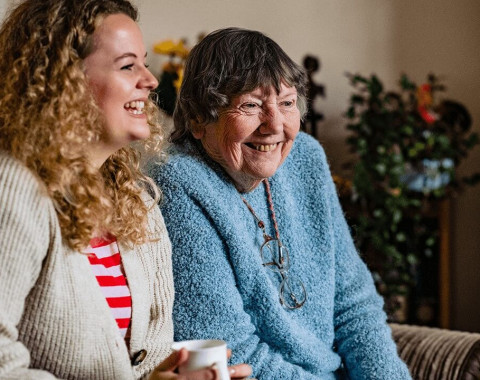
What is a long term health condition?
Long term conditions are physical health conditions that require ongoing management over a period of years. A long term condition can affect all aspects of your life. You can struggle to manage the changes that a health condition requires of you or find it more difficult to cope with your usual daily activities. It’s understandable that this can cause you to feel down, stressed or just not your usual self.

What is depression?
Most of us will have heard of depression, but it is often misunderstood. Depression is more than feeling unhappy or fed up for a few days - it is a long period of feeling very low and struggling to feel happiness in the things that we usually enjoy. Even day-to-day tasks can feel incredibly difficult, and people can feel helpless as they struggle to see a way out of their depression.
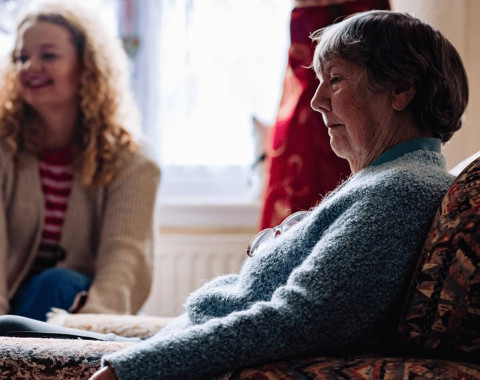
What are sleep difficulties?
It's likely that all of us will have struggled with sleep at some point in our lives; nights spent tossing and turning leading us to feel tired the next day. Some people’s lifestyles (such as having a young child) will mean they are unable to sleep as much as they need, but your sleep can also be heavily affected by stress or when you’re feeling low. Many people find themselves lying awake at night with worries racing through their minds. Sleeping difficulties are commonly known as ‘insomnia’.

What is PTSD?
PTSD is anxiety caused by very stressful, frightening or distressing events. For some, it develops soon after a distressing event, but for others it happens months or even years later. Most people associate PTSD with military veterans, one group of people with high rates of the disorder, but people can be affected by it for many reasons. Any traumatic event – such as a physical assault; terrorist attack; road accident; natural disaster, sexual violence or difficult birth – can cause PTSD.

What is OCD?
Obsessive Compulsive Disorder or OCD as it's more routinely referred to can develop at any age. You may be experiencing frequent intrusive and unwelcome obsessional thoughts, resulting in you carrying out repetitive compulsive behaviours or rituals to prevent a perceived harm or worry. Living with OCD can be extremely distressing and significantly interfere with your daily life.

What is a phobia?
Phobias are an extremely strong fear that a person has of something - for instance an animal, a feeling, an object, situation or place (often known as the ‘trigger’). A phobia associates the trigger with extreme feelings of danger, and can cause huge restrictions and anxieties around a person’s life, as they try to avoid it. Some people may not be distressed by their phobia unless they are physically near it or in the situation at the time, while others can be affected just by thinking about their phobia.

What is a panic attack?
We will all have experienced feelings of anxiety and panic at certain times, but a panic attack is more extreme and is often incredibly distressing. In a panic attack, you experience a rush of intense anxiety and fear, causing you to feel a mix of physical and mental symptoms at once. Attacks can be all-consuming for a short period of time, leaving you feeling unable to cope or focus on anything else while it is taking place. It is important to remind yourself that panic attacks are not dangerous, and cannot harm you.

What is work related stress?
You may be struggling at work or you may be signed off sick as a result of work related stress or difficulties with physical health. We can help you manage your sickness absence and help you get back to work. We are also able to speak to your employer on your behalf should you wish.

What is the link between menopause and mental health?
While going through the menopause is a natural part of ageing, it can be a difficult and emotional time for many. Menopausal symptoms can vary from person to person. While some may suffer from physical side-effects of the menopause, others may struggle emotionally.
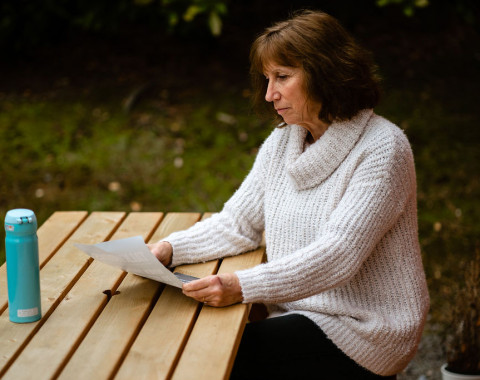
What is prolonged grief?
We will all experience the death of a loved one at some point in our lives. Feelings of intense grief are a natural way to respond to such a loss. Prolonged Grief Disorder (PGD) is a term used to describe grief when it has become more persistent and problematic over time. This is something that someone may describe as feeling ‘stuck’ in their grief.
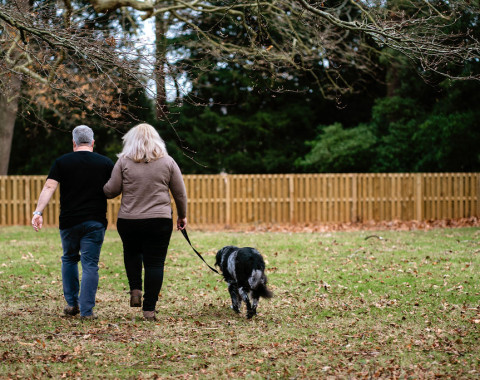
What is Counselling for Depression?
Counselling for Depression is one of the evidence-based approaches that we use at TALKWORKS, for treating depression. It focuses on exploring the emotional difficulties that may be impacting your depression. By working with our counsellors, will enable you to both connect with and explore these underlying feelings, to help you process and make sense of them.
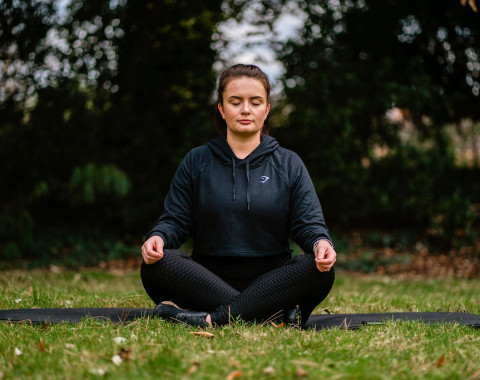
What is mindfulness?
Mindfulness is a practise which involves focusing your attention fully on the present moment and not dwelling on thoughts of the past. Practising mindfulness involves having an awareness of your thoughts and feelings without trying to change them, in a non-judgemental way. It involves concentration and focus so that you can feel more connected with your mind, body and the world around you.
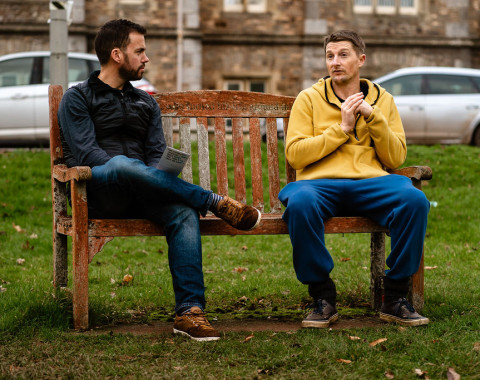
What is Eye movement desensitisation and reprocessing (EMDR)?
Eye movement desensitisation and reprocessing (EMDR) is a talking therapy that has been developed to help people who have post-traumatic stress disorder (PTSD). It helps the brain reprocess memories of traumatic events so the negative images, emotions and physical feelings they cause have less impact.




